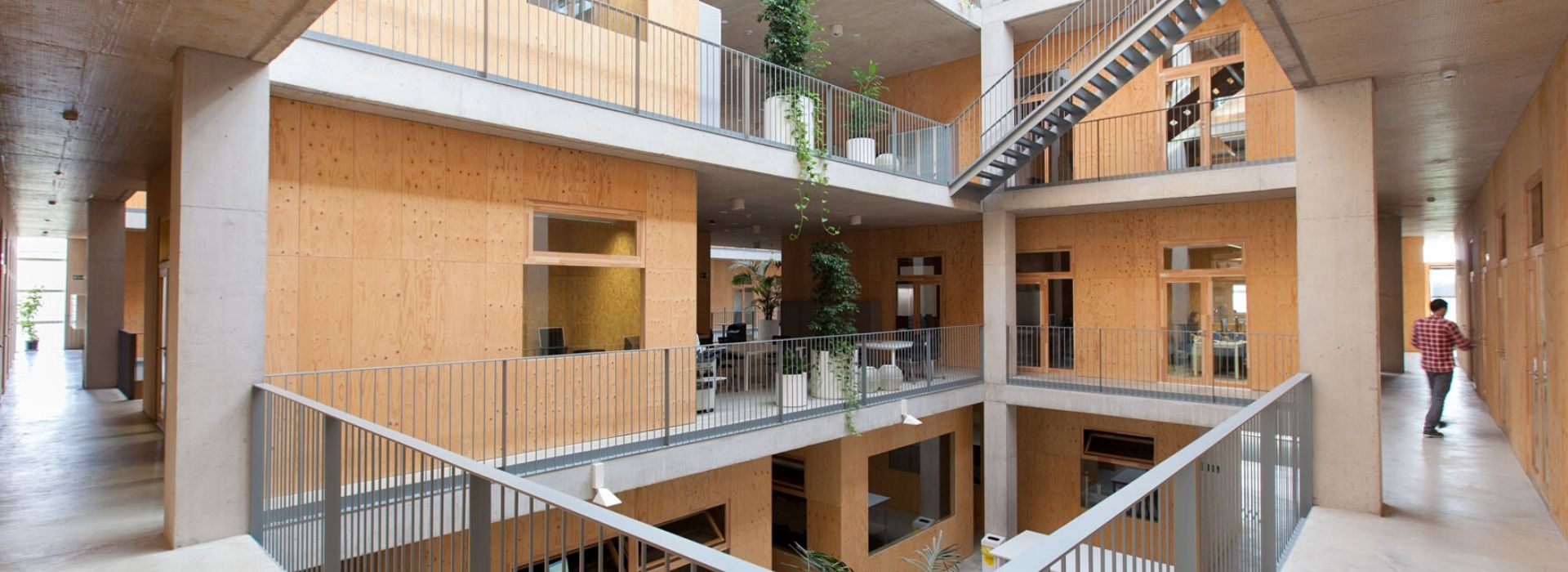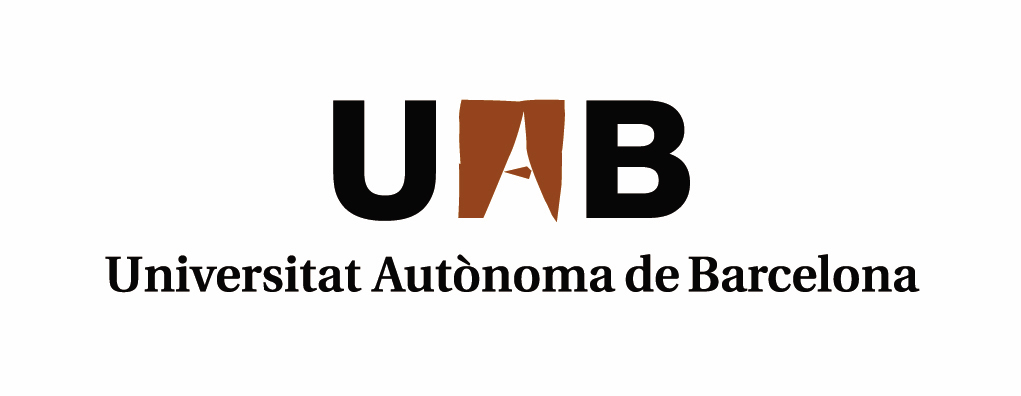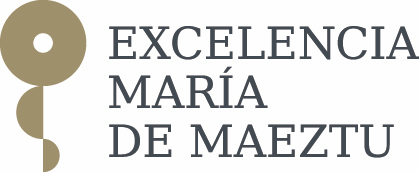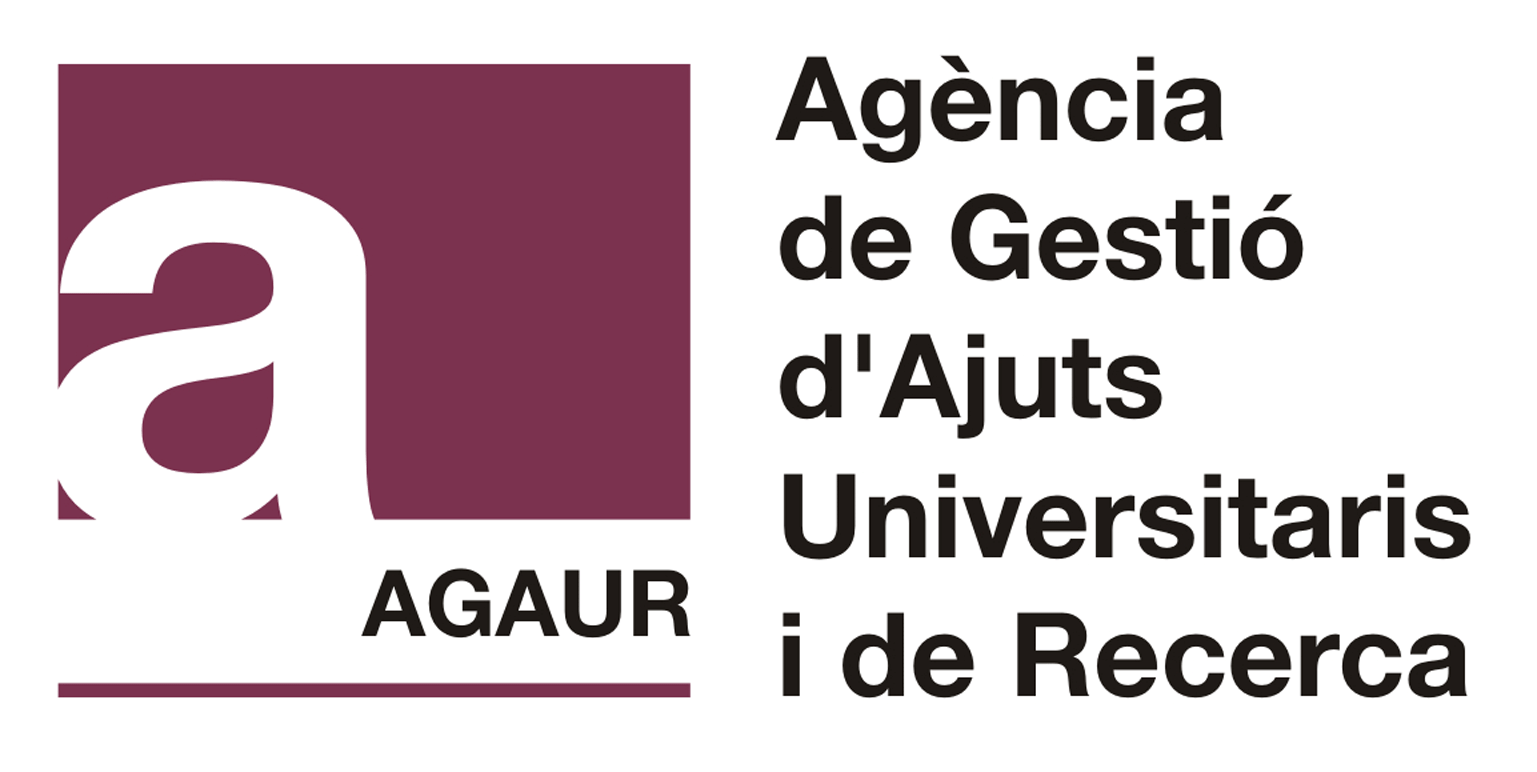Isabelle Anguelovski
ICREA Professor
Isabelle is the director of BCNUEJ, an ICREA Research Professor, a Senior Researcher and Principal Investigator at ICTA and coordinator of the research group Healthy Cities and Environmental Justice at IMIM. She graduated with a Bachelor’s Degree in Political Studies from Science Po Lille and a Master’s in International Development at the Université de Paris 1 Sorbonne, pursued a Graduate Certificate in Nonprofit Management at Harvard University and obtained a PhD in Urban Studies and Planning from MIT before returning to Europe in 2011 with a Marie Curie International Incoming Fellowship.
Situated at the intersection of urban planning and policy, social inequality and development studies, her research examines the extent to which urban plans and policy decisions contribute to more just, resilient, healthy, and sustainable cities, and how community groups in distressed neighborhoods contest the existence, creation, or exacerbation of environmental inequities as a result of urban (re)development processes and policies. She explores how environmental gentrification processes lead to new forms of locally unwanted land uses (LULUs), how municipalities protect vulnerable communities from climate risks and inequality, and the initiatives and obstacles to transitioning towards a low-carbon economy within European urban regions.
GREENLULUS: (Green Locally Unwanted Land Uses) analyzes the conditions under which urban greening projects in distressed neighborhoods redistribute access of environmental amenities to historically marginalized groups. The study takes place in 40 cities in Europe, the United States, and Canada.
The research assesses the extent to which urban greening projects such as parks, greenways or ecological corridors encourage and/or accelerate gentrification, given such projects have been recently shown to be factors contributing to residents’ exclusion and marginalization.
Read more about the GREENLULUS projectNaturvation: NATure-based URban innoVATION is a 4-year project, funded by the European Commission and involving 14 institutions across Europe in the fields of urban development, geography, innovation studies and economics. We will seek to develop our understanding of what nature-based solutions can achieve in cities, examine how innovation can be fostered in this domain, and contribute to realising the potential of nature-based solutions for responding to urban sustainability challenges by working with communities and stakeholders.
Read more about the Naturvation ProjectUrbanA: (Arenas for sustainable and just cities) Launched in Freiburg im Breisgau, Germany in January 2019, UrbanA is a three-year collaboration to gather knowledge and experience for sustainable and just cities generated by prior projects and to translate this knowledge into action. The Urban Arenas will be co-creative spaces, known as Arena events, in Rotterdam, Barcelona, Berlin and Brussels where city-makers and city-thinkers from across Europe and across disciplines will gather to reflect on the urban knowledge that research projects have already identified, and to generate promising and actionable approaches to the creation of sustainable, inclusive and thriving cities that foster deep forms of democracy and citizen empowerment.
Read more about the UrbanA projectHighlighted Publications:
Full list of publications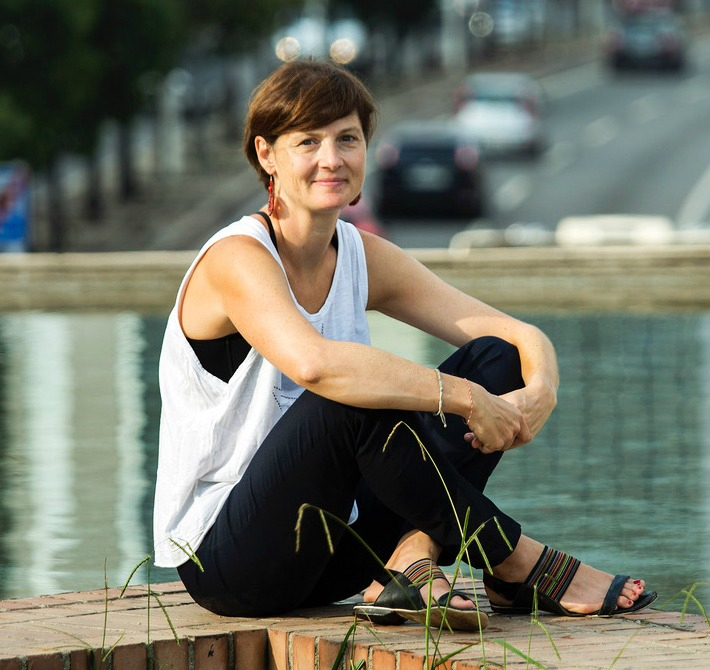
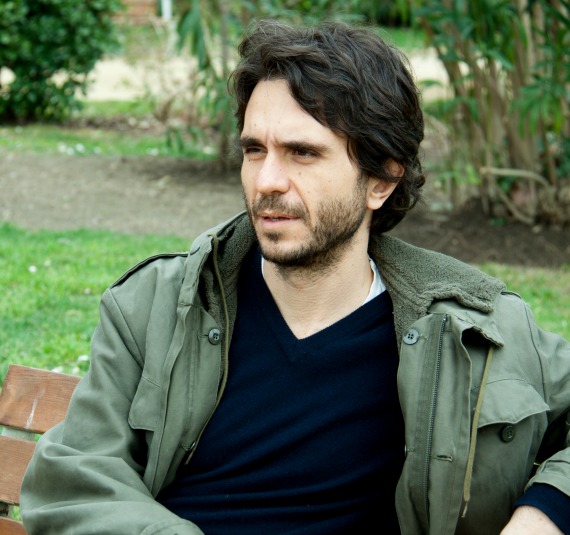
Giorgos Kallis
ICREA Professor
Giorgos Kallis is an ecological economist and political ecologist working on environmental justice and limits to growth. He has a Bachelors degree in chemistry and a Masters in environmental engineering from Imperial College, a PhD in environmental policy from the University of the Aegean, and another Masters in economics from the Barcelona Graduate School of Economics. He is an ICREA professor since 2010. Before coming to Barcelona, Giorgos was a Marie Curie International Fellow at the Energy and Resources group at the University of California-Berkeley.
Giorgos’s research is ‘un-disciplinary’. His research has spanned over the years diverse topics from water policy in Europe or California, participatory science, and evolution in societies, to climate change and conflicts over resource use. Giorgos has published in journals of sustainability, geography, economics and policy on topics ranging from environmental philosophy and science fiction, to carbon accounting and public good experiments. What connects his various pieces of research is a quest to understand why and how societies misuse their environments, and why behavioural, institutional and technological changes that could make a difference are not taken up. Giorgos is most known for his recent work on ‘degrowth’, the hypothesis that societies can live better with less. His degrowth research combines institutional, ecological economic and historical analysis to explain how the idea of economic growth came to be hegemonic, why it is limited, and what alternatives there are to growth-based development. His latest book ‘Limits: why Malthus was wrong and why environmentalists should care’ was published by Stanford University Press in 2019.
Research on Degrowth: Since 2010, ICTA researchers have launched a research and advocacy initiative around the topic of degrowth, coordinating 9 special issues in scientific journals, and preparing a post-growth dynamic system model for the European Green Party. Research focuses on grassroots initiatives and economic policies for a degrowth transition.
Read more about the Degrowth projectCOSMOS: is a research project funded by the Spanish government's "Programa Estatal de I+D+i". During the last years we are witnessing the emergence of a series of social mobilizations that embody what we call "commoning". The Occupy Movement in the United States, the Indignados in Spain and Greece, the Gezi Park in Istanbul and the Environmental Justice Movements in the global south express this increasingly visible form of struggle through and for the commons.
Read more about the COSMOS projectJoan Martinez Alier
Professor Emeritus at ICTA
Joan Martinez-Alier is Professor Emeritus in the Environmental Science and Technology Institute of the Autonomous University of Barcelona (ICTA-UAB). He is also professor emeritus at FLACSO, Quito. He has edited the journal Ecología Política in Barcelona since 1990. His publications are numerous and in English include: Labourers and Landowners in Southern Spain (London, 1971), Haciendas, Plantations and Collective Farms (Cuba and Peru) (London 1977), Ecological economics: energy, environment and society (Oxford, 1987); Varieties of environmentalism: Essays North and South (London, 1997), with Ramachadra Guha; and The Environmentalism of the Poor: A Study of Ecological Conflicts and Valuation (2003). In addition, he edited with Roldan Muradian a Handbook of Ecological Economics (2015). He contributed to the book Degrowth: a vocabulary for a new era (London, 2014) and co-edited the textbook Ecological Economics from the Ground Up (2013), a product of a collaborative research project, CEECEC, 2008-2010, which was followed by the EJOLT project (2011-15), Environmental Justice Organizations, Liabilities and Trade involving 23 academic and activist partners (www.ejolt.org) (www.ejatlas.org). He was president of the International Society for Ecological Economics in 2006 and 2007, and member of the scientific committee of the European Environment Agency between 2000 and 2008. His research focuses on ecological economics, political ecology, agrarian studies, environmental justice and the environmentalism of the poor and the indigenous. In 2016 he was awarded a European Research Council Advanced Grant for the project EnvJustice (A global environmental justice movement), 2016-21. The only holidays taken by Joan are in-depth toxic tours along the commodity frontiers.
Environmental Justice (ENVJUSTICE): is a research project funded by European Research Council (ERC) advanced grants. The project maps environmental conflicts along the supply chain expanding and updating the EJAtlas database, while developing the vocabulary of the degrowth and global environmental justice movements.
Read more about the Environmental Justice (ENVJUSTICE) projectHighlighted Publications:
Full list of publications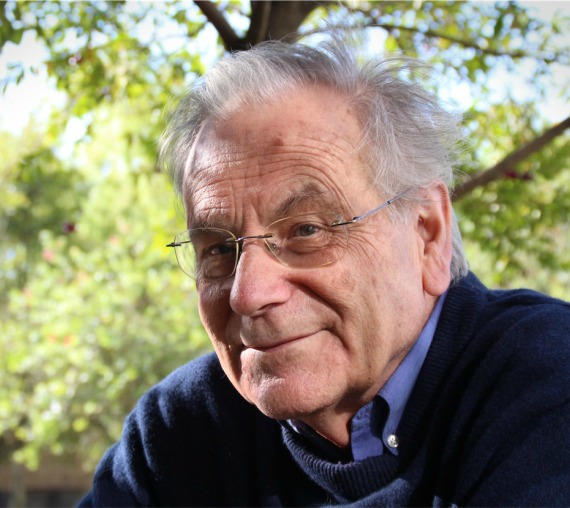
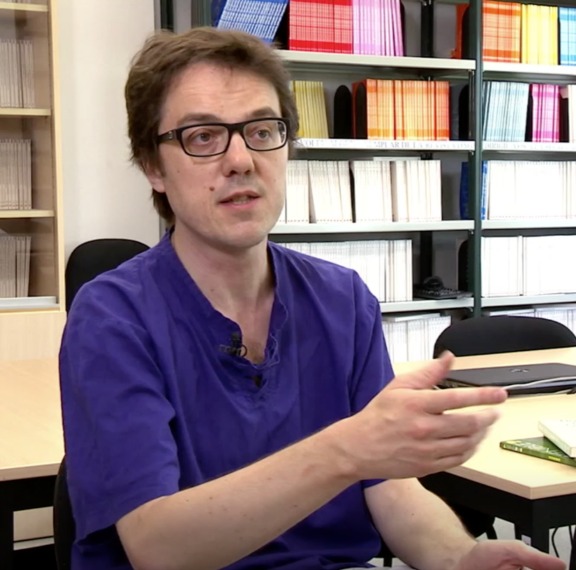
Ricard Morén Alegret
Associate Professor of Geography
Dr. Ricard Morén-Alegret holds a PhD in Ethnic Relations (University of Warwick, UK) and a MA in Human Geography (UAB). He was awarded two fellowships by the European Commission as Marie Curie Research Fellow (1996-1999) and one fellowship by the Spanish Government Science and Technology Ministry as Investigador Ramón y Cajal (2001-2006). Currently, Ricard Morén-Alegret is Tenured Associate Professor and Researcher at the UAB Geography Department & Associate Researcher at ICTA-UAB. In addition, he is Research Collaborator at the University of Lisbon, Portugal. Since 2017, he coordinates the migration research programme of our group.
He is interested in how human migration is related to various social, economic and environmental challenges at the local, regional, national, international and inter-continental scale. He has coordinated several fieldworks in a variety of metropolitan, rural and semi-rural regions in Spain, Portugal, Great Britain, France, Greece, Ireland, Italy and Australia.
Immigration and Sustainable Development in Small Villages. HAMLETS: In many parts of Europe, including one third of Catalonia’s territory, sustainable development of small villages is under threat due to, among other factors, depopulation or ageing, while some migrants or unsettled people are looking for a new place to live. This RecerCaixa project (2017-2020) is based on the hypothesis that (international and internal) immigrants have the potential to make social, economic and environmental contributions to the sustainable development of some European small villages. PI: Ricard Morén-Alegret, UAB
Read more about the HAMLETS projectRed de Excelencia de Estudios Migratorios, REsMi: This project (2017-2019) aims to create a new on-line database gathering a variety of publications and theses that have been devoted to migration studies in Spain during the last decades. This is one of the 2016 Networks of Excellence in Social Sciences funded by MINECO, Government of Spain. PI: Javier García Castaño, Universidad de Granada.
Read more about the REsMi projectJeroen van den Bergh
ICREA Professor
ICREA Research Professor at the Institute of Environmental Science & Technology (ICTA), Universitat Autònoma de Barcelona. Also Honorary Professor of Environmental & Resource Economics in the School of Economics & Business and the Institute for Environmental Studies, both at VU University Amsterdam (VUA). Editor-in-chief of the journal Environmental Innovation & Societal Transitions. Previously, he served as full professor of Environmental Economics (1997-2007) at VUA. He obtained a Master degree in Econometrics & Operations Research from Tilburg University, and a PhD from VUA. He undertakes research on the interface of economics, innovation studies and environmental science. His work is much cited, indicated by more than 20,000 citations in Google Scholar. He received the Royal Shell Prize 2002, IEC's (Sant Jordi) Environmental Prize 2011, an ERC Advanced Grant in 2017, and an honorary doctorate from the Netherlands’ Open University in 2019. His latest book is Human Evolution Beyond Biology and Culture: Evolutionary Social, Environmental and Policy Sciences (Cambridge University Press).
Behavioral-evolutionary analysis of climate policy: Bounded rationality, markets and social interactions (EVOCLIM) An ERC Advanced Grant project. The project supports a team of 4 junior and 3 senior researchers who jointly develop agent-based models with populations of heterogeneous and boundedly rational agents. This offers three advantages: one can evaluate the effectiveness of very different climate policy instruments in a consistent and comparative way; one can examine policy mixes by considering interaction between instruments from a behavioral as well as systemic perspective; and one can simultaneously assess policy impacts mediated by markets and social networks.
Read more about the EVOCLIM projectHighlighted Publications:
Full list of publications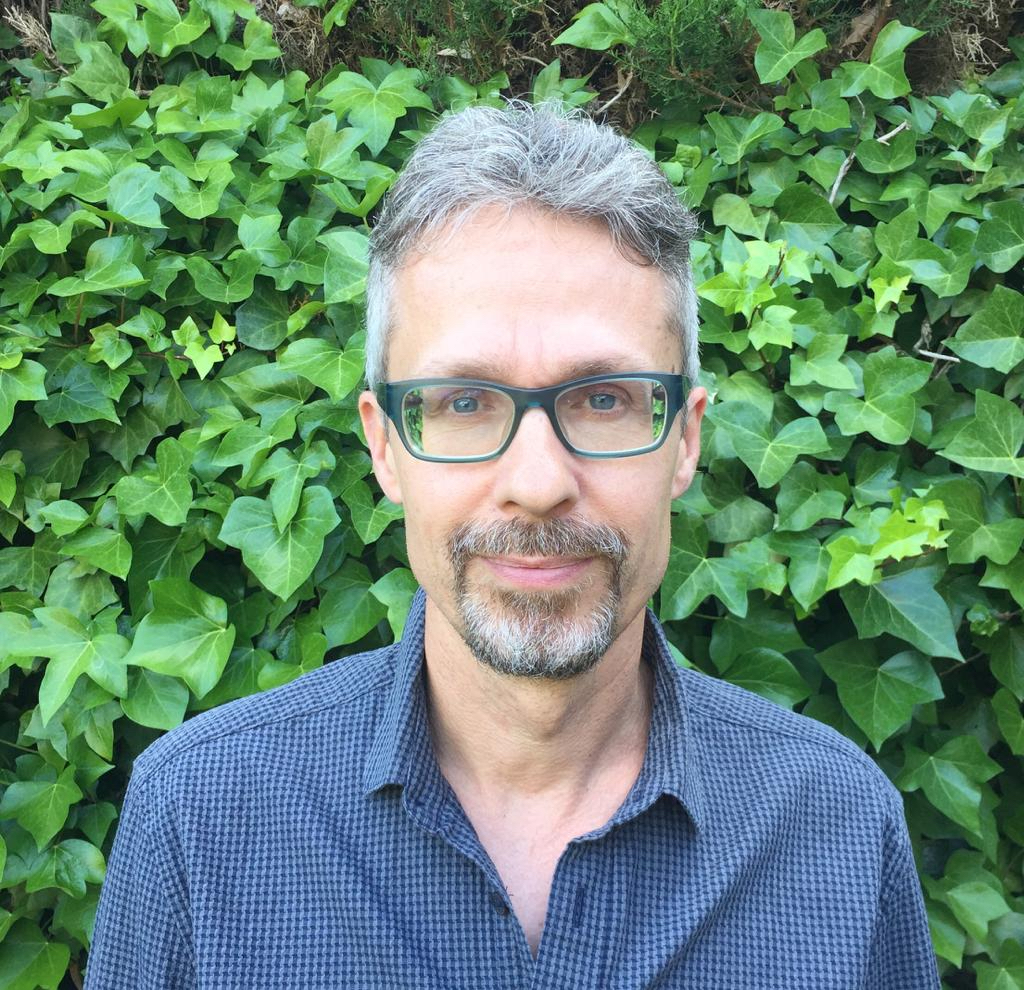
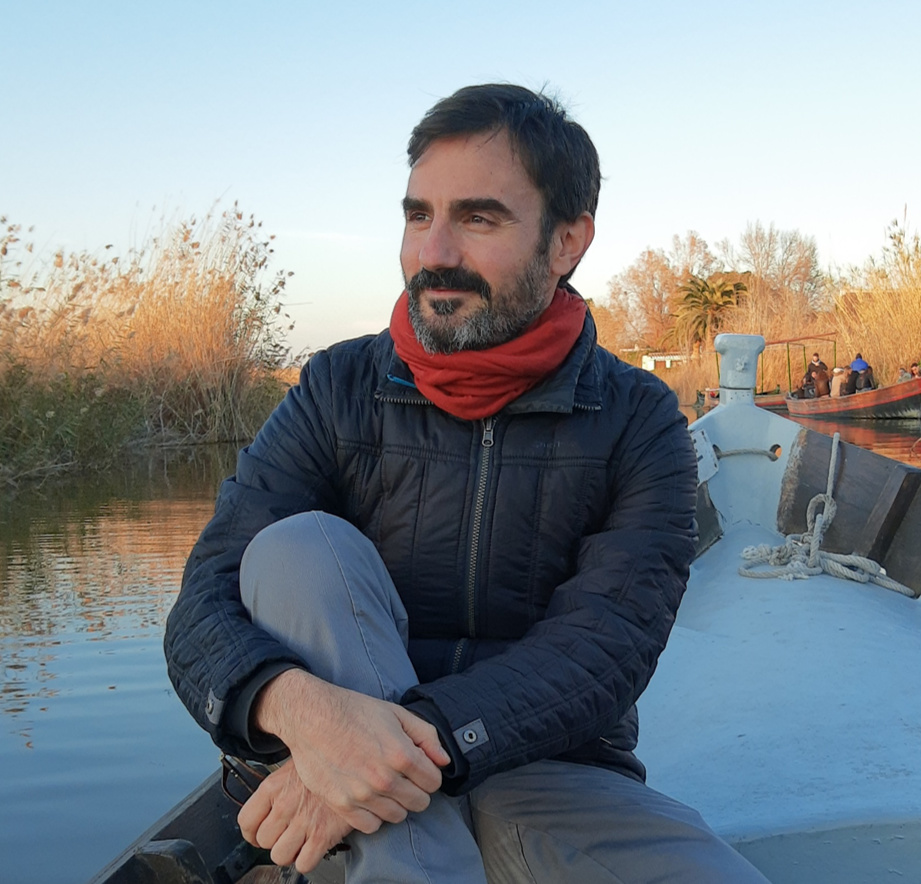
Sergio Villamayor-Tomas
Ramon y Cajal Research Fellow
Sergio Villamayor-Tomas is currently Ramon y Cajal Research Fellow at the Institute of Environmental Science and Technology (ICTA-UAB), at the Autonomous University of Barcelona. He is also affiliated with the Ostrom´s Workshop (Indiana University) and the Berlin Workshop in Institutional Analysis of Socio-Ecological Systems (WINS).
His research areas are climate change adaptation, community-based natural resource management, and polycentric governance. His research approaches are institutional economics and political ecology. Specific topics include adaptation to droughts and other disturbances in the irrigation sector, bottom-up management solutions to the water-energy-food nexus, transboundary river management, and the interaction of social movements and commons management. He has carried fieldwork research in Spain, Colombia, Mexico, and Germany with grants from the U.S. National Science Foundation (NSF), the Canadian Social Science Research Council (SSHRC), the Latin-American Association of Environmental Economists (LACEEP), and the BiodivERsA/FACCE-JPI network among others.
SEVERAS: Rural areas in Spain are experiencing unprecedented environmental and social changes. Climate change and biodiversity loss are occurring alongside depopulation and the abandonment and intensification of rural landscapes. Understanding inter-connections of environmental and social stressors, and their impact on rural development is paramount to devise policy that can enhance the wellbeing of rural populations whilst promoting sustainable land uses. The aim of this project is to develop country-wide and regional indexes of Socio-Environmental VulnErability in RurAl Spain (SEVERAS) and use them to explore policies that can reduce said vulnerability. The project will assemble so far disconnected climatic, census, land-use and rural development data into a unique socio-environmental database. The indexes will be elaborated and validated with key stakeholders through participatory planning workshops (“rural vulnerability laboratories”) where rural citizens and policy makers will also co-design policies aimed at reducing vulnerability. Overall, SEVERAS will advance our understanding on the compounded effects of socio-environmental drivers of rural vulnerability; provide a new quantitative tool for rural development diagnosis and policy making in Spain; and empower rural citizens by involving them in the development of the indexes and new policies. (PIs: Sergio Villamayor-Tomas, Esteve Corbera)
Read more about the SEVERAS projectWEGO: With funding by the European Union the Horizon 2020 Marie Sklodowska – Curie, Well-being, Ecology, Gender and Community – Innovation Training Network (WEGO-ITN) is made up of 20 institutions. It will host 15 Early Stage Researchers (ESRs) creating the first European ITN on Feminist Political Ecology (FPE). As the first international feminist political ecology research network of its kind, WEGO-ITN aspires to tackle socio-ecological challenges linked to policy agendas. This innovative and path-breaking project will help local communities to build resilient, equitable and sustainable futures. The goal of WEGO-ITN is to provide research that will demonstrate to policy makers how communities actively sustain and care for their environment and community well-being. Ultimately, WEGO will collectively provide important guides to strategies of resilience and sustainability that are required for meeting the SDGs (Coordinator: Wendy Harcourt; UAB PIs: Panagiota Kotsilla, Sergio Villamayor-Tomas).
Read more about the WEGO projectPROCOMONS IN BARCELONA: The financial crisis of 2008, the austerity policies that followed it and the urban uprisings around the planet during 2011 (Arab Spring, 15M, Occupy Wall Street, etc.) revealed the inability of governments to meet the growing social needs of the population and, at the same time, gave rise to the emergence of new responses that offered solutions outside the state and the market. In Catalonia, and more specifically in the Metropolitan Area of Barcelona (AMB), these new solutions have recently been studied and mapped out through various initiatives and research projects using different approaches (social innovation, social and solidarity economy, collaborative housing, etc.). However, the territorial dimension of these initiatives, their interrelations and their impact in terms of new forms of local development have not been studied in depth. This project proposes, based on the multi-sectoral and overall vision offered by existing databases and cartography, to identify pro-common (i.e.., those characterized by a governance model in which the direct users of the good or service produced are also those responsible for producing it and/or managing it collectively) and analyze their capacity to generate territorial impact and relations with public institutions. The study considers two levels of analysis. First, we compare, integrate and preliminarily analyze existing maps at the level of the AMB. Then we analyze the territorial impact of said pro-common initiatives via a comparative and network analysis in two neighborhoods (PIs: Ismael Blanco, Sergio Villamayor-Tomas, Mara Ferreri)
Read more about the PROCOMONS projectHighlighted Publications:
Full list of publications